Meet the artist whose majestic breaking wave sent ripples across the world. Hokusai (1760-1849) is not only one of the giants of Japanese art and a legend of the Edo period, but also significantly influenced Western modernism, whose prolific gamut of prints, illustrations, paintings, and beyond forms one of the most comprehensive oeuvres of ukiyo-e art and a benchmark of japonisme. His influence spread through Impressionism, Art Nouveau, and beyond, enrapturing the likes of Claude Monet, Berthe Morisot, Edgar Degas, Mary Cassatt, and Vincent van Gogh.
Hokusai was always a man on the move. He changed domicile more than 90 and used over 30 pseudonyms. In his art, he adopted the same restlessness, covering the complete spectrum of Japanese ukiyo-e,"pictures of the floating world", from single-sheet prints of landscapes and actors to erotic books. In addition, he created album prints, illustrations for verse anthologies and historical novels, and surimono, which were privately issued prints for special occasions.
Hokusai’s print series Thirty-Six Views of Mount Fuji, published between c. 1830 and 1834 is the artist’s most renowned work and, with its soaring peak through different seasons and from different vantage points, marked the towering summit of the Japanese landscape print. The series’ Under the Wave off Kanagawa, also known simply as The Great Wave, is one of the most recognized images of Japanese art in the world.
This TASCHEN introduction spans the length and breadth of Hokusai’s career with key pieces from his far-reaching portfolio. Through these meticulous, majestic works and series, we trace the variety of Hokusai’s subjects, from erotic books to historical novels, and the evolution of his vivid formalism and decisive delineation of space through color and line that would go on to liberate Western art from the constraints of its one-point perspective and unleash the modernist momentum.



 天天爆殺
天天爆殺  今日66折
今日66折 
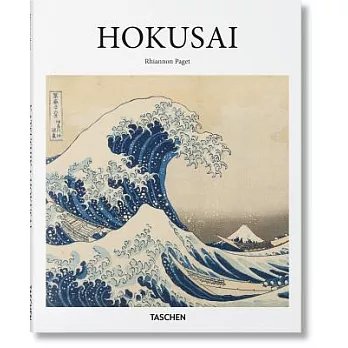
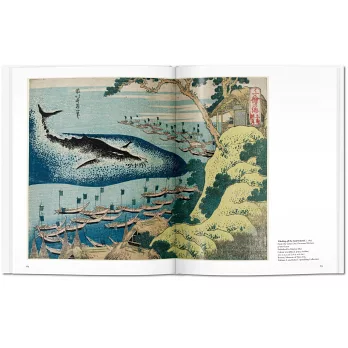
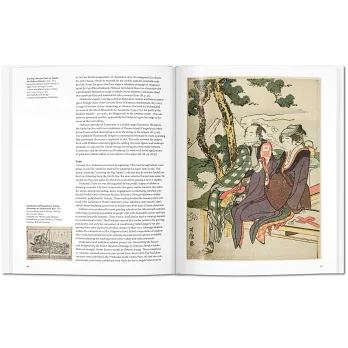

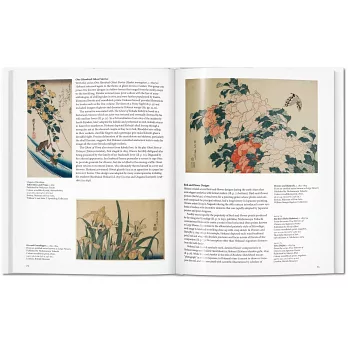
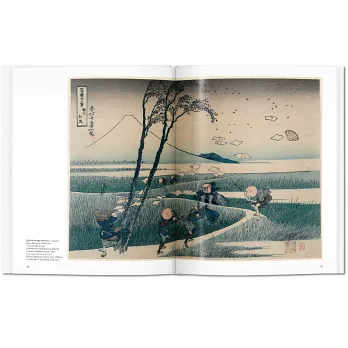















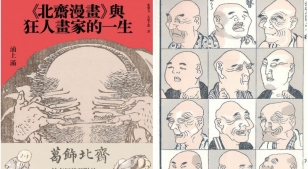







 博客來
博客來 博客來
博客來 博客來
博客來 博客來
博客來 博客來
博客來